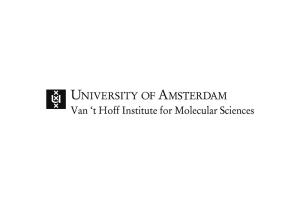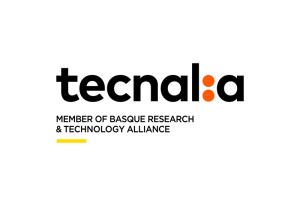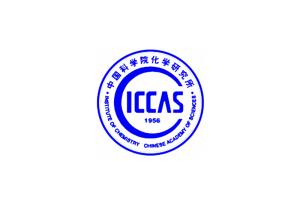Photo2FuelTeam
The Consortium Partners
-
 (Spain)
(Spain)IDENER is a private research SME company composed of a team of researchers with a scientific background in disciplines such as electronics and computer engineering, systems integration and control, and process engineering. The company was founded in 2010 by a group of PhD holding engineers. From that time forward, IDENER has been positioned as a valued partner of top European Research centres, universities and technology firms. Besides the coordination role, IDENER is leading the modelling activities of the project, Social Life Cycle Assessment (S-LCA), end-user experience.
-
 (Sweden)
(Sweden)Uppsala University (UU) was founded in 1477 and is the oldest university in Sweden and one of the best universities in Europe. In the Photo2Fuel project, UU, Department of Chemistry-Ångström Lab will coordinate a work package that aims to develop organic particular photosensitizers to drive bacteria for CO2 fixation.
-
 (The Netherlands)
(The Netherlands)The University of Amsterdam was founded in 1632 and it is one of the 15 best universities in Europe. The Noel Research Group is specialized in combining synthetic organic chemistry and technology. They are especially known to exploit the delicate synergy between these two fields. In Photo2Fuel, they will develop new solar-driven reactor technology to streamline the preparation of green fuel and will be in charge of the upscaling of the technology developed in the project.
-
 (Spain)
(Spain)KNEIA is a Spanish SME that works with public companies, research institutions, government agencies and investors to provide assessment services on innovation management, dissemination and communication strategies, knowledge transfer, and implementation of scientific technological structures worldwide. KNEIA acts as communication, dissemination and exploitation manager and is leading WP6 on exploitation, communication and dissemination.
-
 (Spain)
(Spain)TECNALIA is an applied research and technological development center in Spain, a benchmark in Europe and a member of the Basque Research and Technology Alliance. Its main scopes of action are smart manufacturing, digital transformation, energy transition, sustainable mobility, personalised health, and the urban ecosystem. Its key role in the project is the development of separation technologies for the acetic acid (extraction with ionic liquids, electrodialysis and ion exchange resins).
-
 (Germany)
(Germany)The Technology Center Energy (TZE) is a research institute of the University of Applied Sciences Landshut. It focuses on the topics of energy storage and Power2Gas technology, especially microbiological methanation, intelligent energy networks, energy efficiency and energy systems. The TZE develops the technical solutions, studies the optimal interaction of the components and demonstrates the practical applications. In the Photo2fuel project, TZE focuses on microbiological methanation, develops and optimizes the hybrid microorganism-organic semi-conductor systems, based on the artificial photosynthesis concept.
-
 (China)
(China)The Institute of Chemistry, Chinese Academy of Sciences (ICCAS) was founded in 1956. It is a multi-disciplinary research institute dedicated to the basic research in broad fields of chemical sciences, and to the key developments of innovative high technologies, as well as to collaborative high-technology applications and transfers. Prof. Shu Wang's group in ICCAS focuses on the synthesis and optoelectrical properties and biological self-assembly of light-harvesting conjugated polymers for developing a range of semi-artificial systems of organic semi-conductors with microorganisms, which can be directly applied to produce acetic acid/methane in Photo2Fuel.
-
 (Switzerland)
(Switzerland)ETH Zurich is an academic institution that promotes independent thinking to develop effective solutions for current global challenges. ETH Zurich specializes in science and technology and carries out cutting edge research in a range of areas worldwide, including chemical engineering. ETH will perform techno-economic and environmental assessments of the technologies developed in Photo2Fuel to ultimately evaluate their potential role in sustainable development.